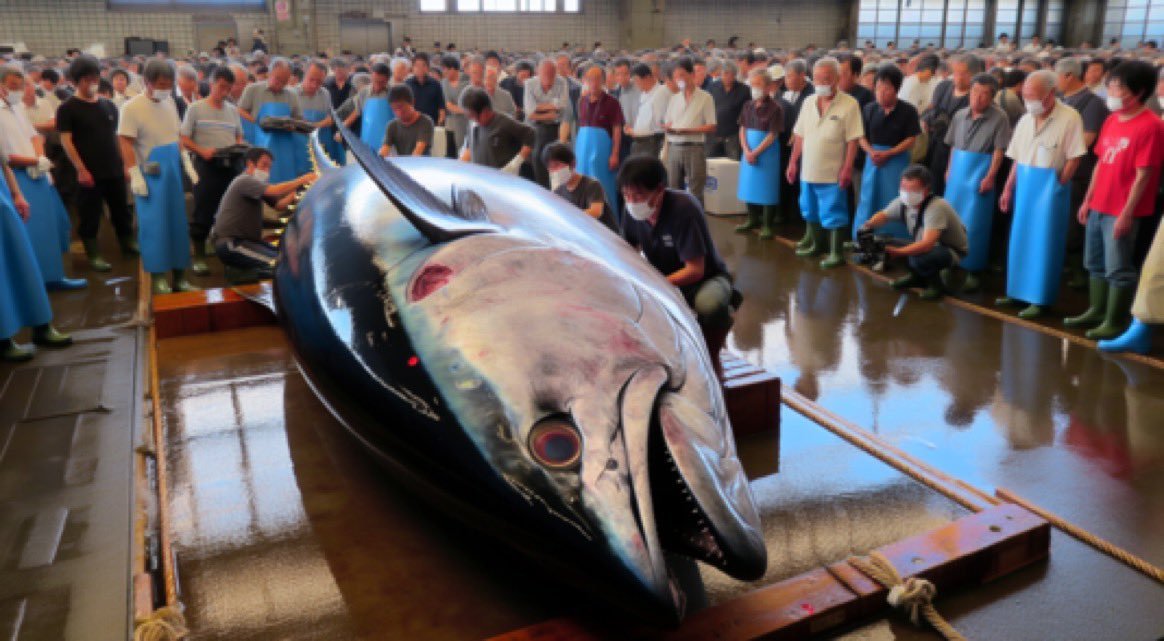In a surprising turn of events, at least 10 people were arrested in Brooklyn on Monday when authorities tried to fill a secret underground tunnel at the Chabad Lubavitch Headquarters, leading to chaos and property damage.
According to various local news sources, construction workers arrived at the synagogue on Eastern Parkway with the task of filling the mysterious tunnel with cement. The situation escalated as young students, angered by the actions, reportedly began vandalizing the property. The purpose of the tunnel remains unclear, but Forward reporter Louis Keene suggests it connects the synagogue to a nearby Chabad mikvah—a pool of water used for ritual cleansing.
Amid the turmoil, Rabbi Yoset Braun, in charge of the synagogue, expressed his dismay, condemning the actions of the young men as "horrid" and a disgrace to the holy site. Rabbi Motti Seligson, spokesperson for the Chabad-Lubavitcher dynasty, explained that the chaos ensued when extremists allegedly broke through the wall of the synagogue.
As the community grapples with the aftermath, questions linger about the tunnel's purpose and the motivations behind its construction. The incident highlights the delicate balance between religious practices and community relations, emphasizing the need for open dialogue to understand and address such controversies.




















